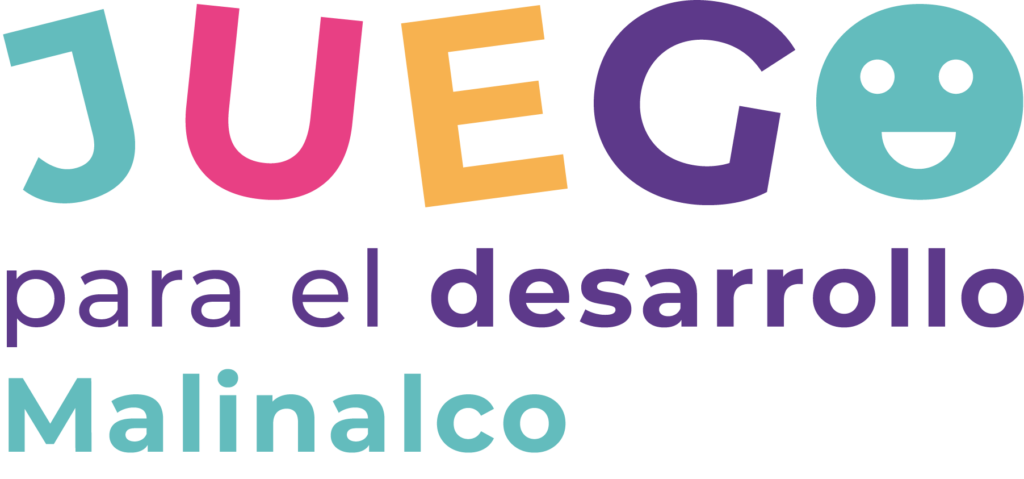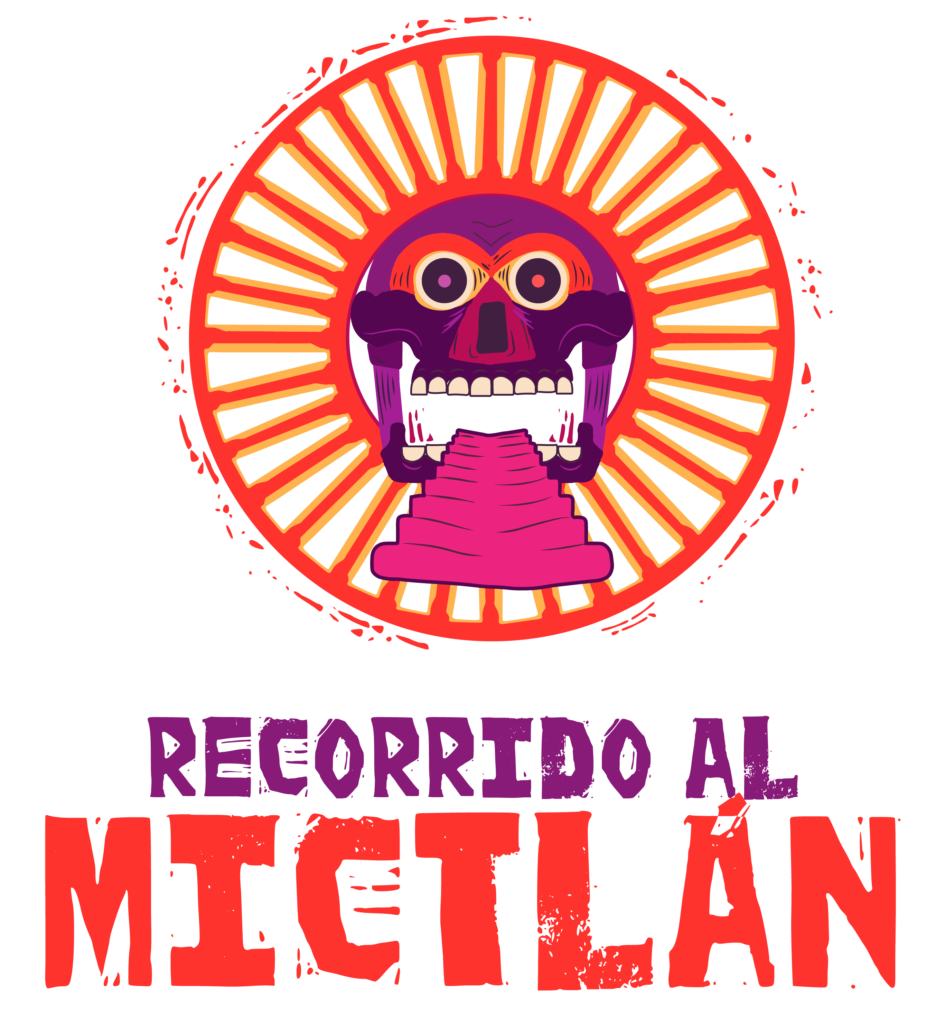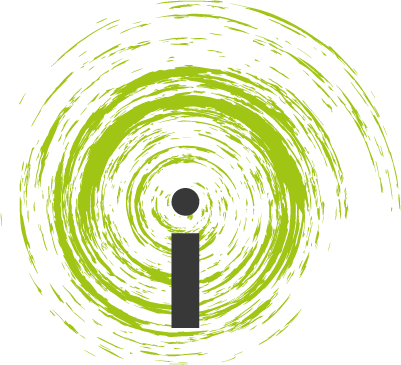Intervention
We have an intervention model that we have developed from our work in Malinalco, and that today serves as the basis to guide any direct intervention effort in a community.
- Boys, girls, adolescents and young people from 7 to 24 years old in a situation of social exclusion in the municipality of Malinalco.
- families of these girls, boys and young people who want to work with us to improve the parenting environments and the relationships between their members.
- Schools, authorities, local leaders and other CSOs with whom we create alliances to join efforts and have a positive impact on the children and youth of Malinalco.
- Approaches
- theoretical perspective
- Methodologies
The rights approach involves understanding and empowering CAY as subjects of law and as actors in their own development. From this perspective we promote the participation of CAY, in the construction of alternatives that allow their integral development and the exercise of their rights, and we understand poverty as the social, economic and political exclusion of people, a consequence of violated rights and unjust structures. .
Highlighting gender as a transversal approach allows us to recognize, make visible and address the existence of hierarchies and social roles between men and women, which are expressed in inequality, oppression, subordination and violence. From this, we can consider and address these differences when designing our programs and activities, and visualize them with the participants.
Amartya Sen's capabilities approach implies considering both the internal means of people (their skills, experiences, knowledge), as well as the external resources (opportunities, networks, relationships) that are necessary for people to be free. to do and be what they value. By working from this approach, we understand that it is necessary to intervene at the same time individually with people, and in environments (families, the community).
For us, working from the youth approach implies thinking about the characteristics and needs of people between the ages of 15 and 24 based on the life cycles they go through according to their age and the social and historical context in which they develop. It is also to recognize the differences between the different ways of going through the decision-making process that youth implies, and to observe the experiences and actions of people in this process, as well as the opportunities they have to carry them out. We believe in the ability of young people to develop in a healthy and comprehensive way, when they are in a context of relationships and in an ecosystem that nurtures their growth, and to be agents of positive social change in their community.
Working under this approach at Imaginalco implies that the design of the intervention model, the protocols for the work team, the design of the programs and projects, the spaces, the activities, and the daily interaction with our participants places at the center the guarantee and protect the dignity and physical, social, affective and psychological integrity of girls and boys.
As a basis for Imaginalco, an ecological analysis of violence is used, which allows us to understand it as a multicausal and therefore predictable disease, which occurs in the interaction between the different levels and elements of a system: individual, family, community and social. /structural. From this theory, proposed by the World Health Organization (2002), violence responds to various risk factors which increase the probability of a person getting involved in violent situations or relationships (or in other critical conditions for their development) .
We seek for people to take control of their lives in a significant and sustainable way, that is, to promote autonomy. It involves looking at relationships of trust, empowerment, working collaboratively on collaboratively agreed goals, activating resources of motivation and hope, and creating sustainable change through continuous learning.
The culture of good treatment emerges as a re-education proposal to build solutions and develop the conditions, attitudes, skills and values that make peace and equity relations between people more possible. This notion emphasizes what to do to treat each other well, developing the skills and attitudes for an equitable, harmonious and non-violent coexistence.
It is a theoretical and methodological proposal for psychosocial intervention, based on a model of the mind that contemplates three dimensions: context, emotions and attachment, and theory of mind. It integrates different elements of clinical, social and community psychology and is a broad-spectrum model, which allows us to apply the same principles at different levels. The objective of this methodology is to provide tools so that we can promote the autonomy of the participants without compromising their security.
It is a theoretical and methodological proposal for psychosocial intervention, based on a model of the mind that contemplates three dimensions: context, emotions and attachment, and theory of mind. It integrates different elements of clinical, social and community psychology and is a broad-spectrum model, which allows us to apply the same principles at different levels. The objective of this methodology is to provide tools so that we can promote the autonomy of the participants without compromising their security.
It means learning through reflection that starts from action or experience. It implies being able to reflect, make a critical analysis of a situation and synthesize what has been learned. To promote it, at Imaginalco we create opportunities that allow participants to have initiative, make decisions and take responsibility for their results, and learn from the consequences, mistakes and successes.
We seek to develop the skills, confidence, bonds and connections that will allow young people to build a healthy, full life, and that will lead them to contribute positively to their community. This requires focusing on developing skills, resources and competencies; foster healthy relationships; strengthen the environment and transform systems.
We understand child and youth participation as "the exercise of the power that C&A have so that their opinions are taken into account seriously and to assume responsibly, according to their degree of maturity, decisions shared with others in matters that affect their lives and that of their community” (Nomura and Solaris, 2005).
- Short term
- Medium term
- Long term
- Sense of belonging
- positive bonding
- Healthy and study habits
- Knowledge about rights, sexuality, consumption and violence
- psychosocial skills
- parenting skills
- Skills for self-employment
- Critical reflection on the environment
- Capacities to detect, prevent and attend to ASI
- Good treatment and equitable relations
- Healthy lifestyles
- sense of agency
- Positive parenting environments
- Reduction in violence and sexual abuse
- Equipment
- spaces
- Programming
We are a mixed team between professionals and young people from the community, in constant training. Our educators and educators are here because of their dedication to service and commitment to the community. They are sensitive people, so they can detect the spoken and unspoken needs of the participants; and they have the experience, knowledge and tools to respond to these needs, always placing the physical and affective care of all those involved at the center.
We have three physical spaces located at different points in the municipal capital. They are safe spaces on a physical, social and emotional level. They are dignified, attractive and accessible to the population with whom we work.
We operate artistic, sports, training and recreational activities that respond to the needs and interests of the participants, as well as 3 elements:
1) They must be safe, with clear limits and rules; respond to planning, have a structure and be carried out constantly.
2) They must place the care of affective and emotional security at the center, contribute to the creation of affective bonds between the participants and promote the identification, management and expression of emotions.
3) They must be playful, fun and formative, stimulating the ability to mentalize and analyze one's own experience in order to learn from it.

Game for psychosocial development: The CAY develop their psychosocial skills and their capacity for agency, through sports, games and art.

Formal education: The CAY have access to a better education, through school support, psychosocial support, and pedagogical advice.

Healthy Families: Families develop positive parenting styles that enhance the development and health of their members.

SO we do not play: We detect, prevent and promptly address child sexual abuse.

Tour to Mictlán: We strengthen the social fabric and the leadership of children and young people through an annual community celebration.

Xoloplastics: We promote the labor inclusion of young people and the creation of a circular economy through the recycling of plastic to transform it into art.

Six Garritas: We receive and sell gently used clothing, accessories, and items to employ young women and generate income for our programs.
Research
We want learn from what we do to keep improving, and share the experiences with other organizations and institutions.
That is why we bet on generating relevant and accessible knowledge. This implies designing our intervention models based on the theoretical and methodological knowledge generated by others and the identification of good practices, as well as systematizing our projects and the information that is generated, making it available to our team and our allies.
Download material about our research
Articulation and incidence
The experience is shared
We provide training, advice and accompaniment to related projects, on issues related to the comprehensive development of children and young people, and the social prevention of violence. We work to influence public policies.
We are aware of the value of sharing the learning that has been generated over several years of work.
We collaborate with you
We offer support and advisory services to groups, organizations and companies that are interested in promoting projects with objectives similar to ours, with a focus on participation, comprehensive development of children and young people, and strengthening of the social fabric.

